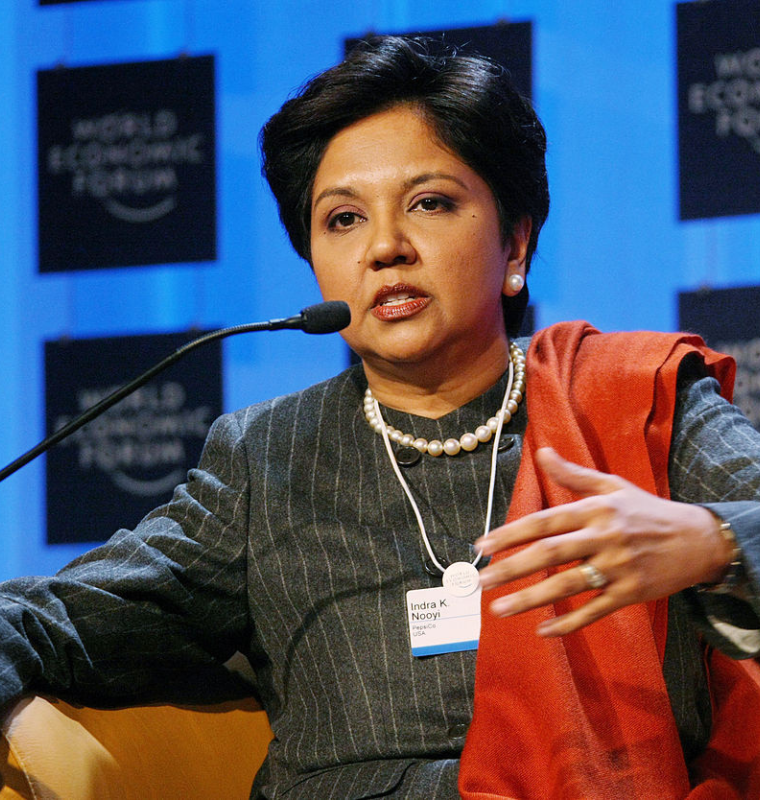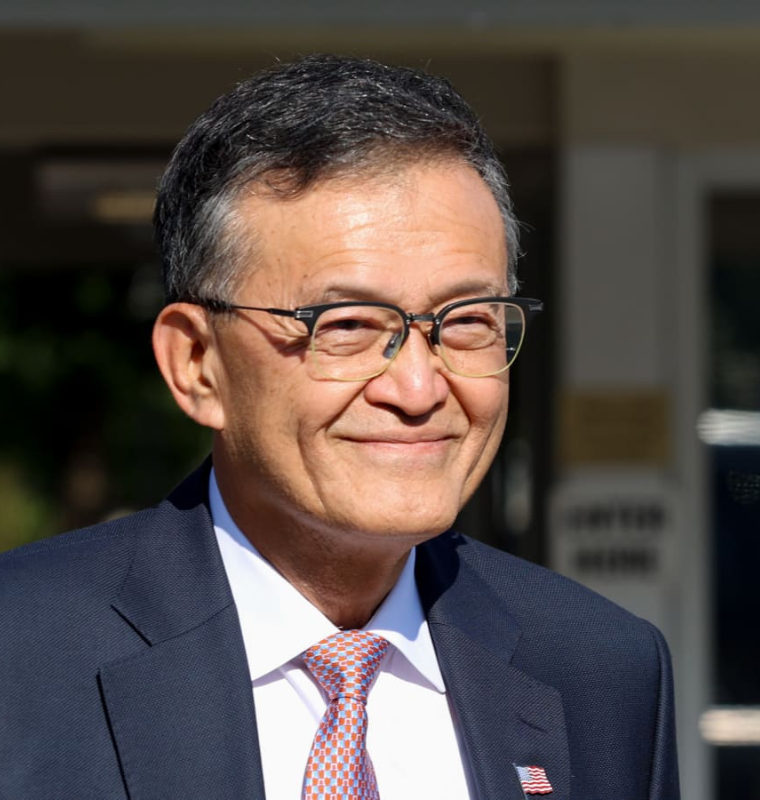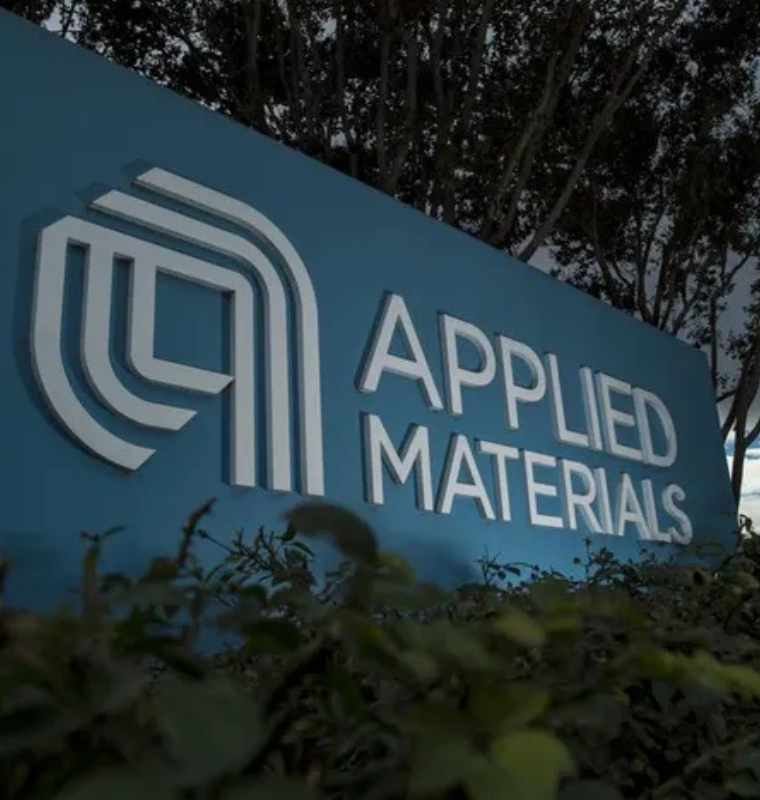Europe Courts Southeast Asia — But Can’t Rival U.S. or China’s Dominance
Europe Courts Southeast Asia — But Can’t Rival U.S. or China’s Dominance
By
David Goldfarb
Last updated:
June 16, 2025
First Published:
August 3, 2025

Getty Images
Europe Looks East: A New Chapter in Indo-Pacific Diplomacy
As global tensions heighten — from China's military expansion in the South China Sea to the U.S.'s renewed tariff threats — the European Union is eyeing Southeast Asia as a critical strategic partner. Yet despite bold rhetoric and diplomatic engagement, experts argue Europe is unlikely to displace either Washington or Beijing as the region’s primary partner.
During the 2025 Shangri-La Dialogue held in Singapore, French President Emmanuel Macron emphasized the need for deeper ties between Europe and the Indo-Pacific. He warned of a “potential erosion of long-standing alliances” and pointed to China’s assertiveness in regional waters as a parallel to Russia’s invasion of Ukraine.
Still, analysts agree that Europe’s outreach, while timely, may be too little and too late.
Southeast Asia: Caught Between Giants
Southeast Asia is navigating a complex web of allegiances. On one side, China is intensifying its territorial claims — most notably with the deployment of Chinese bomber aircraft to the disputed Paracel Islands last month, further inflaming tensions with the Philippines and other ASEAN nations.
On the other side, the United States continues to wield economic pressure, including tariff threats that loom over the region as the 90-day reprieve on trade penalties expires in July 2025.
Amid this uncertainty, the EU is positioning itself as a neutral, reliable alternative — one that offers transparent partnerships rather than zero-sum rivalry.
The Numbers: Trade Gaps Too Big to Ignore
Despite calls for greater cooperation, the EU lags far behind China and the U.S. in Southeast Asian trade:
- China has been Southeast Asia’s top trading partner since 2009, with $982.3 billion in goods exchanged in 2024.
- The U.S. follows with approximately $476.8 billion in bilateral trade.
- The EU comes in third, with just €258.7 billion ($299.7 billion) in trade volume over the same period.
While Europe has secured trade deals with Singapore and Vietnam, talks with other ASEAN nations — and efforts to finalize an EU-ASEAN Free Trade Agreement (FTA) — have been stalled for years.
According to Céline Pajon, Head of Japan and Indo-Pacific Research at France’s Ifri think tank, “The EU still has significant work to do in scaling its trade presence and investment footprint in the region.”
Economic Distance and Diplomatic Hurdles
Analysts say Europe’s geographic and ideological distance has long hindered its influence in Asia.
“Form follows function in Southeast Asia,” said Bob Herrera-Lim, Managing Director at Teneo, in an interview with CNBC. “Economic relationships matter more than shared political values.”
Differences over climate policy, labor standards, and human rights have also historically slowed trade negotiations between Brussels and ASEAN nations.
Even if China were to suddenly open its markets further to Southeast Asian exports, Herrera-Lim suggests regional governments would prioritize access — regardless of political friction:
“If China tomorrow announces new reforms to boost Southeast Asian exports, those countries would rush to capitalize, regardless of their broader concerns about Beijing’s ambitions.”
Europe’s Strategic Pitch: Stability Without Strings
While Europe may not match the raw trade volume of China or the U.S., it offers something different: predictability, transparency, and a collaborative approach.
“Europe’s value lies in being a stable and trustworthy partner, especially in areas like energy security, green infrastructure, and digital governance,” said Lizza Bomassi, a Research Analyst at the EU Institute for Security Studies (EUISS).
Southeast Asian countries are increasingly looking to diversify their strategic partners to avoid overdependence on either China or the U.S. For Europe, this presents an opening — especially in areas that support long-term sustainability and development goals.
A Role in Regional Stability
Though not a military heavyweight in Asia, Europe still plays a role in balancing regional power dynamics.
“The presence of partners like Europe increases the diplomatic and reputational costs for China if it escalates aggression,” noted Bomassi. “Even if the EU can’t provide hard military deterrence, it acts as a symbolic bulwark against isolation.”
Pajon adds that stronger EU-ASEAN ties help bolster regional resilience against hegemonic coercion, particularly in territorial disputes.
Europe’s Offer Is Real — But Limited
While Europe may never fully eclipse U.S. or Chinese influence in Southeast Asia, its growing interest represents a serious attempt to diversify the region’s alliances.
The EU’s ambitions rest on a long-term, values-driven approach to diplomacy and trade — one that emphasizes mutual benefit and avoids overt competition.
But without major reforms in its trade policy and a stronger economic presence on the ground, the European Union may find itself a supportive partner — not a leading one.
Popular articles
Subscribe to unlock premium content
Indra Nooyi’s Strategic Vision at PepsiCo: Balancing Profitability with Purpose

Nike’s Direct-to-Consumer Revolution: How Cutting Retailers Boosted Profits and Control

Spotifys Playlist Power Turning Music Curation Into An Advertising Goldmine

Indra Nooyi’s Strategic Vision at PepsiCo: Balancing Profitability with Purpose

Nike’s Direct-to-Consumer Revolution: How Cutting Retailers Boosted Profits and Control

Indra Nooyi’s Strategic Vision at PepsiCo: Balancing Profitability with Purpose









